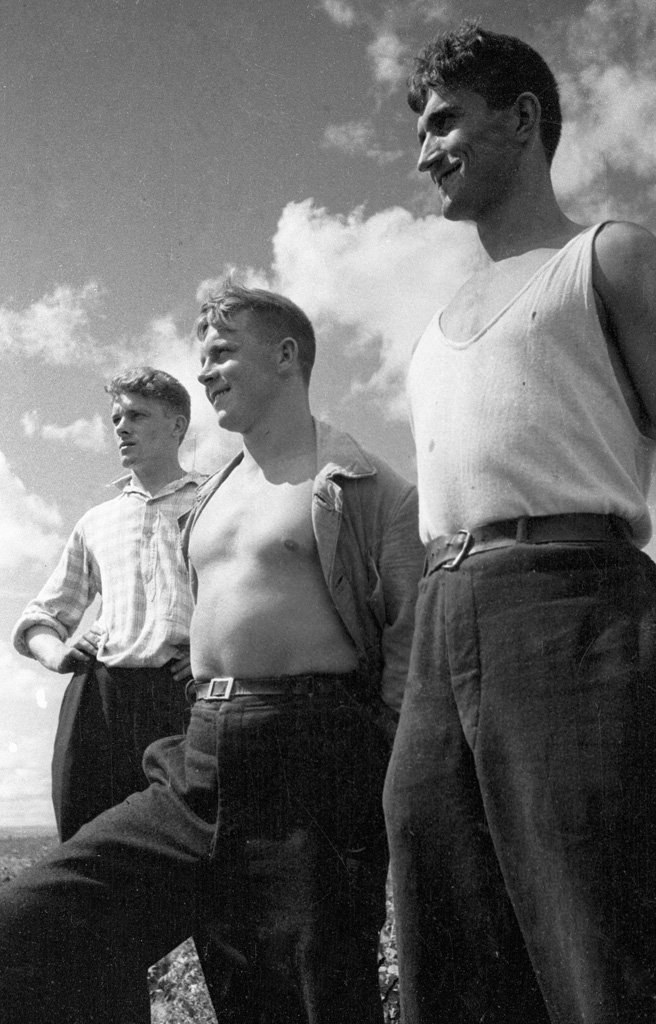In today's #vatnik soup I'll continue talking about Russkiy mir, the "Russian World". This time I'll focus
on the Russian idea of nationality, "Narodnost", and I'll also discuss Russian imperalism.
The first can be found here:
1/12
on the Russian idea of nationality, "Narodnost", and I'll also discuss Russian imperalism.
The first can be found here:
https://twitter.com/P_Kallioniemi/status/1605841722784632833
1/12

Narodnost is Russia's version of nationality. The definition of Narodnost came from Russia's leadership, rather than the population itself. The idea behind Narodnost is that Russian people should be ready to sacrifice themselves for the Tsar, for the country.
2/12
2/12
This led to a situation that common folk in Russia is very good at suffering & they've actually made it into a virtue.The general idea behind their suffering is that if you suffer for Mother Russia, you'll have lots of good things afterwards: after your death for the country,3/12 

... after we have communism, after the "Kyiv junta" is beaten, etc.
In the 1830s Mihail Glinka composed an opera where peasant sacrifices himself for the Tsar - this kind of thinking is still reinforced in modern Russia and it's reinforced further through religion.
4/12
In the 1830s Mihail Glinka composed an opera where peasant sacrifices himself for the Tsar - this kind of thinking is still reinforced in modern Russia and it's reinforced further through religion.
4/12

During the Soviet years a term called "Homo Sovieticus" was born. It referred to a creation of a better human, a one that lives for the state and for the
greater good. In reality people living in the USSR were cynical, passive and wouldn't take any responsibility.
5/12
greater good. In reality people living in the USSR were cynical, passive and wouldn't take any responsibility.
5/12

The fall of USSR also led to two realities: the one in the public sphere and the one at home. In the public sphere, everything was fine and dandy, but at home people were criticizing the whole system.
6/12
6/12
From the border of Poland to Moscow, the landscape is mostly flat plains having very little protection from mountains, rivers, etc., making it geography-wise a potential target for invaders coming from the west. Both Napoleon and Hitler attempted (and failed) to capture it.
7/12

7/12


The "enemy at the gates" thinking is very strong in Russian culture and media, and media often refers Russia as a "besieged fortress", surrounded by
NATO.
It's ironic that most NATO members join the defensive pact because out of their fear of Russia.
8/12

NATO.
It's ironic that most NATO members join the defensive pact because out of their fear of Russia.
8/12


In addition, Russia claims that they've been infiltrated from the inside by "foreign agents" - this gives them an excuse to destroy all opposition inside the country, including figures such as Boris Nemtsov and Alexei Navalny.
9/12

9/12


So the Russians are used to being the target of invasions, which of course affects their worldview.
Whereas US imperialism is based on gathering resources such as oil and precious metals, ...
10/12
Whereas US imperialism is based on gathering resources such as oil and precious metals, ...
10/12
... Russian imperialism is built on fear - the idea that enemy is constantly at the gates is used to reinforce the idea of invasions, buffer states, etc. It's what one could call "defensive imperialism".
11/12
11/12
To conclude, Nicholas I stated during the 19th century that "constant small-scale war at Russia's borders is necessary to keep the patriotism alive." This kind of thinking is still very strong inside the Russian leadership.
Source:
12/12
Source:
12/12
• • •
Missing some Tweet in this thread? You can try to
force a refresh

































